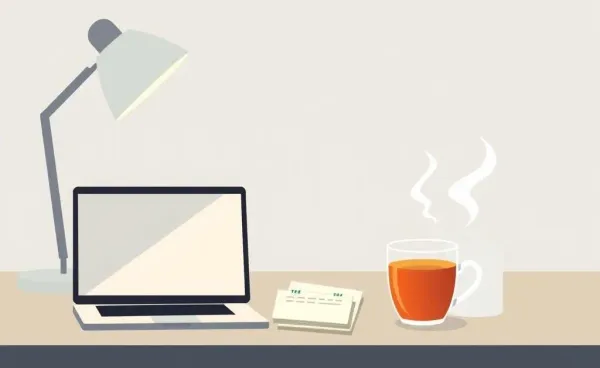Navigating Third-Party Insurance Claims After An At-Fault Accident
Understand third-party insurance claims when you're at fault with practical tips and insights.

Understanding Third-Party Insurance Claims
So, there you are, navigating post-accident chaos, wondering how to handle third-party insurance when you're the one at fault. It's an unsettling feeling, right? But fear not, as we're about to make this a bit clearer for you.
Let's start with the basics: third-party insurance is designed to cover the other party involved in an accident you're responsible for. This means their vehicle damages and possible medical expenses fall under your insurance's umbrella.
First Steps After an Accident
Picture this: you're at the scene, the initial shock has faded, and reality sets in. What do you do?
- Ensure everyone's safety first and check for injuries.
- Exchange contact and insurance details with the other driver.
- Document the scene with photos, capturing all angles of the incident.
At this point, you might want to call your insurance provider to notify them about the accident. They can offer immediate guidance on what to do next.
Communicating with Insurance Agents
Remember that slightly awkward yet essential communication with the insurance agent? It can make a world of difference. There's a knack for it, too. For starters, ensure you have all the details handy: policy number, accident description, and any police reports if applicable.
And yes, there's almost an art to explaining your situation calmly and factually. (Deep breaths help!) Expect questions concerning the accident specifics and perhaps a request to provide your collected evidence.

Handling Repairs and Costs
Following confirmation from your insurance, the logistics of repairing your vehicle start rolling. It's crucial to choose a reputable garage—your provider might recommend one or leave that choice to you.
Remember, keeping close tabs on all repair-related documentation is key. These documents might come in handy should any discrepancies arise later.
Keeping Calm and Practical
Ever been in a position where you just had to find your calm amid a storm? Managing your emotions can be particularly challenging during such a stressful time. However, maintaining a level head not only helps in dealing with insurance processes but also ensures you manage your personal wellbeing effectively.
A friend once shared how playing uplifting music helped during tough times. Who knows? It might make those phone calls slightly more bearable.
Final Thoughts
Through it all, remember that accidents are unforeseen hurdles that many drivers face. Each experience offers a chance to learn and prepare better for future road adventures.
How do you navigate insurance claims when the unexpected happens? Feel free to share your thoughts or tips in the comments below.




